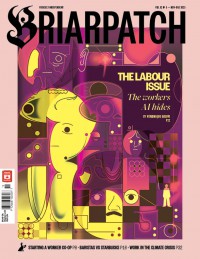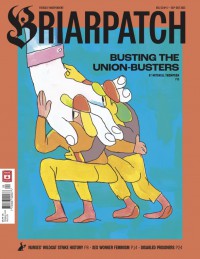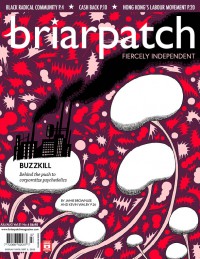-
 Magazine
MagazineFrom abortion rights to reproductive justice
It’s been nearly 25 years since the Supreme Court decriminalized abortion in Canada, but the dust has yet to settle on Parliament Hill.
-
 Magazine
MagazineSing, Brother
I reached Edmonton’s High Level Bridge as clusters of snowflakes clouded the sky. It was Friday night, already dark, and I was alone but for a young man in black who passed me from the opposite ledge.
-
 Magazine
MagazineBoiling point
The lack of safe drinking water in First Nations communities is just one example of the long-standing underfunding and neglect that has led to the substandard living conditions that plague First Nations communities across Canada.
-
 Magazine
MagazineToward sexual self-determination
What You Really Really Want is a powerful tool for radically transforming how we understand and navigate the complexities of our own sexuality.
-
 Magazine
MagazineBut we do it anyway
I opened my eyes to find the doctor staring at me. I had been dreaming of dragonflies, filling the brightening sky and stretching their wings in the early morning sun.
-
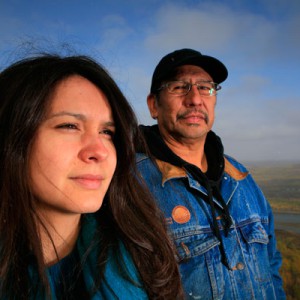 Magazine
MagazineAwaiting justice
For three decades, the traditional territory of the Lubicon Cree in northern Alberta has undergone massive oil and gas development without the consent of the Lubicon people and without recognition of our Aboriginal rights.
-
_300_300_90_s_c1.jpg) Magazine
MagazineSame fight, new foes
In the summer of 1962, Saskatchewan was beset by a doctors’ strike intent on preserving physician privileges and opposing public health care. Fifty years later, Canada’s medicare system is again under threat.
-
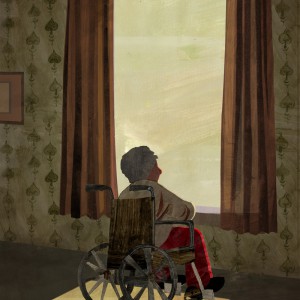 Magazine
MagazineCrisis in care
As the pioneer of privatized care in Canada, Ontario has opened the doors for a corporate takeover of long-term care homes, resulting in chronic understaffing by profit-seeking multinational providers.
-
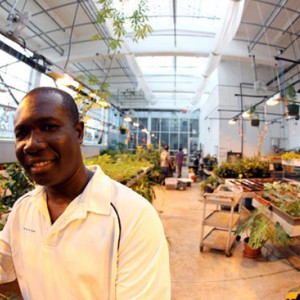 Magazine
MagazineFood for all!
In 2009, immigration enforcement entered a community garden outside a Toronto food bank and deported one of its users. The deportation was but one of the 70-odd sweeps, detentions and deportations that happen in Toronto every single day and underscored one of the barriers to food access for undocumented migrants in this country.
-
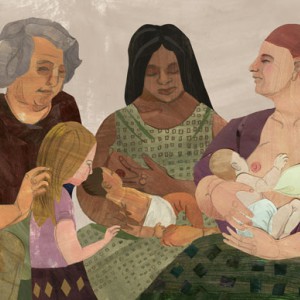 Magazine
MagazineFrom apple pie and mother’s milk to pop-tarts and formula
Ninety per cent of pregnant families in Canada plan to breastfeed their children. After the recommended six months later, less than 25 per cent of those families are still exclusively breastfeeding. This is a story of severed cultural ties to breastfeeding knowledge; “breast is best” lip service by many care providers, hospitals and government funding models; and huge marketing dollars from the big multinationals that produce artificial human milk (marketed as the more genteel “formula”).
-
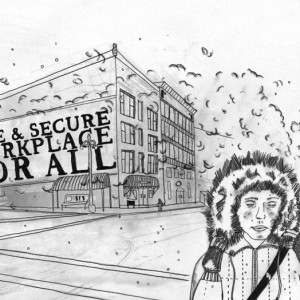 Magazine
MagazineSafer sex work
“In my view the law plays a sufficient contributory role in preventing a prostitute from taking steps that could reduce the risk of such violence.” With these concluding remarks by Justice Susan Himel, the laws that kept sex work illegal in Ontario were struck down in November 2010. The ruling, however, has been stayed, pending an appeal by the federal government that’s scheduled to begin in June, 2011.
-
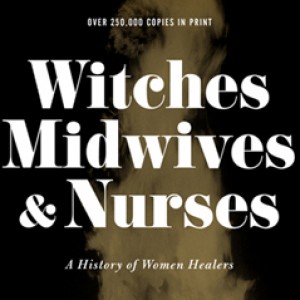 Magazine
MagazineWitch hunts past and present
In the classic zine Witches, Midwives & Nurses: A History of Women Healers, republished as a book with a new introduction in 2010, authors Deirdre English and Barbara Ehrenreich provide an overview of the repression and exclusion of women lay healers in Europe and the United States. The authors explore the connection between the witch hunts in Europe and attempts to eliminate and discredit women healers, as well as the rise of an elitist and male-dominated medical establishment in the United States.
-
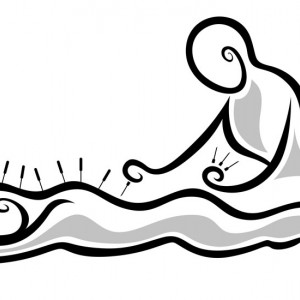 Magazine
MagazineLetter from the editor
Health, and the way we manage our collective well-being, is inherently political. As perhaps the most universally relevant topic, health care cuts across lines of class, race, nationality, age, gender and political bent, and has the potential to either unite or polarize, to inspire or enrage. As well as being highly political, health care is also deeply personal, affecting each of us at the most fundamental level of our existence.
-
 Magazine
MagazineIn defense of universal health care
There’s nothing universal about an insurance-based system, and Canadians concerned about the future of medicare would do well to understand the problems inherent in the American system.
-
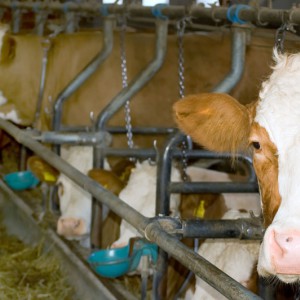 Magazine
MagazineBreeding disease
Many Canadians first learned of flesh-eating disease or necrotizing fasciitis in 1994 when then-Bloc Québécois leader Lucien Bouchard lost his leg, and very nearly his life, to the affliction. Media reports of Bouchard’s brush with death described the disease as “extremely rare.” It was at the time, but has since become more commonplace.
-
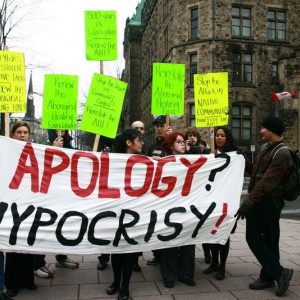 Magazine
MagazineHealing denied
Of the more than 150,000 First Nations, Inuit and Métis children who were forcibly removed from their families and enrolled in one of the many Indian Residential Schools (IRS) in Canada, it is estimated that there are 85,000 residential school survivors in Canada today. Alongside these survivors are the thousands more impacted by the intergenerational effects of residential schools on Aboriginal families.
-
 Magazine
MagazineCommodification
Consumer culture is having significant repercussions on our physical and mental well-being. One hormone-injected cheeseburger or the placement of an offensively loud advertisement where a tree once stood will not singularly ruin one’s health. But all of these intrusions into our physical and mental space, experienced routinely and en masse, are devastating to our collective quality of life.
-
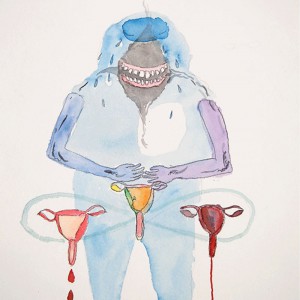 Magazine
MagazineFreedom of (hate) speech
A new generation of anti-choice groups is establishing a reputation for itself on Canadian campuses, with increasingly visible tactics that many pro-choice activists call discriminatory, harassing and hateful. In response, student unions and pro-choice groups have mobilized to prevent anti-choice presentations from taking place on campus and anti-choice groups from gaining club status.
-
 Magazine
MagazineIn sickness and in wealth
In Canada and around the world, the health of the poorest people is far worse than the health of the richest – and new evidence suggests we all suffer as a result. In order to address the fundamental unfairness of this situation, we need to completely rethink not just how we do health care, but how we do politics.
-
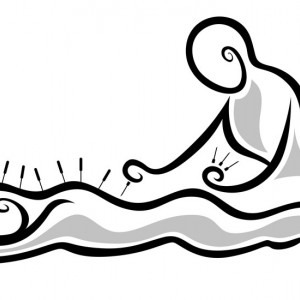 Magazine
MagazineCommunity acupuncture
As debates about national health care reform ensue in Canada and the U.S., with governments desperate to find an affordable way to provide equitable, effective and timely health care to an aging and increasingly sick population, is it possible we are missing the point entirely? An emerging network of community acupuncturists on both sides of the border are challenging the notion that increasing access to Western medicine is the best way to improve health care.

